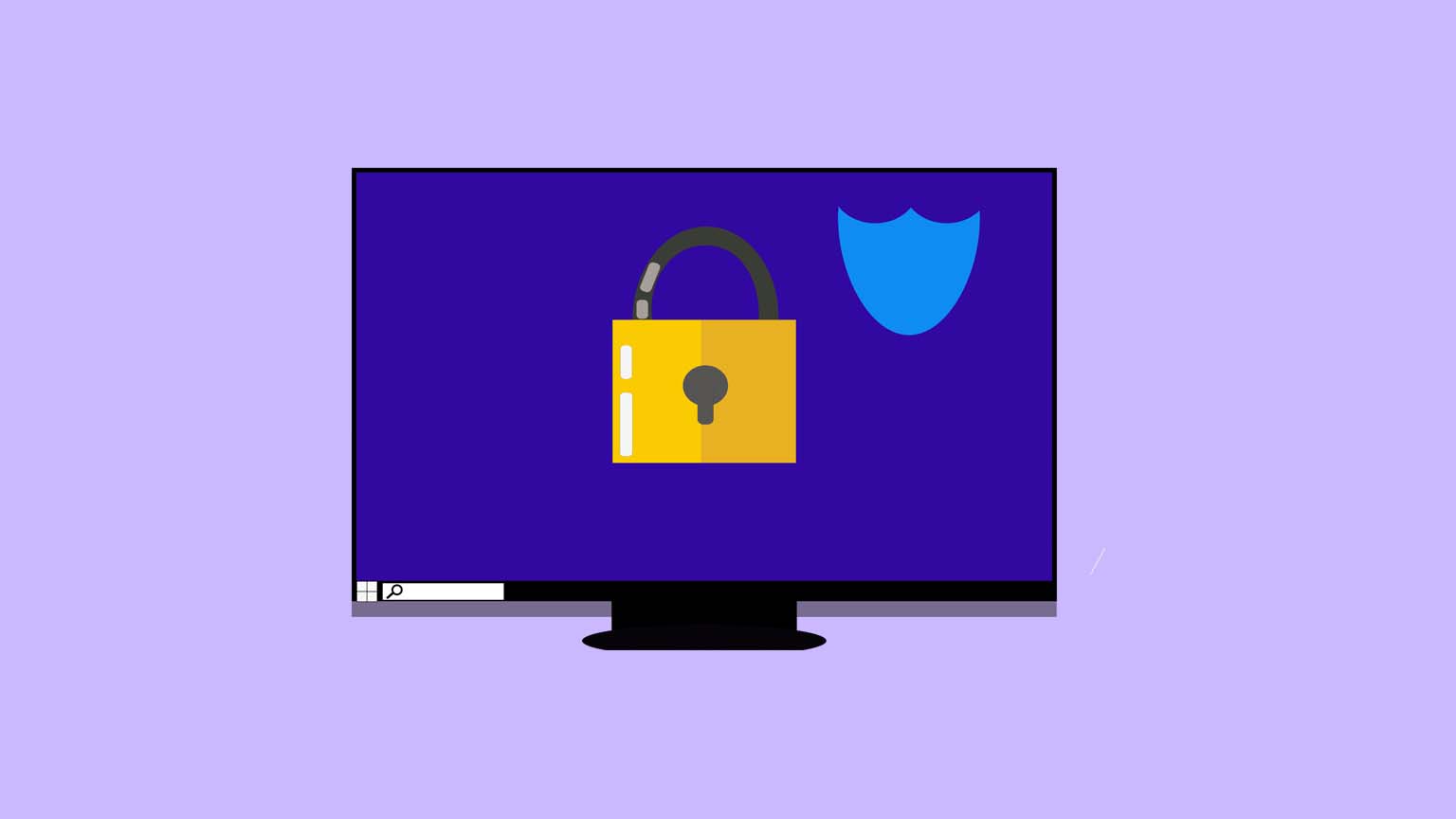
In today’s digital age, protecting our personal information, financial data, and overall digital presence has never been more crucial. With the rise of cybercrime and sophisticated hacking techniques, it is essential to implement comprehensive protection measures for your PC. Delve into various strategies and tools that can help safeguard your digital world. From reliable antivirus software to secure online practices, we aim to provide you with the knowledge needed to ensure complete PC protection in an increasingly vulnerable online landscape. Explore the necessary steps to fortify your digital fortress and defend against threats that may compromise your privacy and security.
Contents
Comprehensive Solutions for PC Security
With the constant threat of cybercrime and advanced hacking methods, it is vital to have comprehensive solutions in place for PC security. One crucial aspect of complete PC protection is reliable antivirus software. Antivirus programs are essential for detecting and removing malware from your computer before it can cause harm. It is important to choose a reputable antivirus software that offers real-time scanning, firewall protection, and regular updates to ensure maximum defense against evolving threats.
Another key component of comprehensive PC security involves practicing secure online habits. These include using strong passwords, enabling two-factor authentication when possible, being cautious about clicking on unfamiliar links or opening suspicious email attachments, and regularly updating your software to patch any vulnerabilities. By implementing these practices consistently, you can significantly reduce the risk of falling victim to cyberattacks.
Protecting your digital world requires a multi-layered approach that incorporates reliable antivirus software and adopting secure online practices. The ever-evolving landscape of cybersecurity demands constant vigilance to mitigate risks effectively. By staying informed about the latest trends in cyber threats and investing in robust security measures for your PC, you can ensure peace of mind while navigating the vast virtual realm.
Effective Strategies for Malware Removal
Malware removal is an essential aspect of ensuring complete PC protection. Effective strategies for malware removal include using reputable antivirus software, conducting regular system scans, and practicing safe online habits.
Installing reliable antivirus software on your PC is one of the most crucial steps in effectively removing malware. Trusted programs like Norton, McAfee, or Avast offer comprehensive protection against various threats. These software packages detect and remove existing malware and provide real-time protection by blocking potential threats before they can infect your system.
Regularly scanning your computer for malware is another important strategy for effective removal—schedule routine scans to ensure that any new infections are promptly identified and eliminated from your system. Additionally, performing deep scans periodically can help identify hidden or dormant infections that may have escaped detection during regular scans.
Adopting secure online practices is vital to prevent the installation of malware on your PC in the first place. Be cautious when clicking on unknown links or downloading files from untrusted sources. Avoid opening suspicious emails or attachments, as they often serve as carriers for malicious code. Practicing safe browsing habits by avoiding sketchy websites and regularly updating all installed applications will minimize infection risk.
By implementing these effective strategies – using reputable antivirus software, conducting regular system scans, and practicing safe online habits – you can safeguard your digital world and maintain complete protection against the ever-evolving threat landscape posed by malware attacks today.
Optimizing Your Computer for Better Performance
In addition to comprehensive protection measures, optimizing your computer can significantly enhance its performance and provide a more secure digital experience. By optimizing your PC, you can ensure smooth operation and faster response times and minimize the risk of malware or cyber threats.
One way to optimize your computer is by regularly cleaning out unnecessary files and programs that may be slowing it down. This includes deleting temporary files, uninstalling unused software, and managing startup items to reduce the load on your system resources.
Another important aspect of optimization is keeping your operating system and software up-to-date. Manufacturers often release updates that contain bug fixes, security patches, and enhanced features. Regularly installing these updates improves performance and prevents potential vulnerabilities that hackers may exploit.
Furthermore, utilizing disk defragmentation tools can improve the efficiency of your hard drive by organizing fragmented files and enabling quicker access to data. Additionally, optimizing web browsers by clearing cache and cookies regularly helps prevent slowdowns caused by accumulated browsing data.
By implementing these optimization strategies alongside robust protection measures like antivirus software installation, strong password usage, and safe web browsing practices, you can safeguard your digital world’s performance and security effectively.

Leave a Reply